The people appointed by the future American president share a common profile: absolute loyalty to his vision, a good television presence and strong support for his most controversial measures.
The future President of the United States, Donald Trump, has already started selecting his team by appointing people who share a common profile: loyalty absolutely for his vision, a good presence on television and drawing support for their measures more controversial, such as mass deportations.
Some of these agreements must be confirmed by the Senatewhere Republicans will have a 53-seat majority from January, which could be influenced by internal dissent. Given this scenario, Trump has already announced that he will try to avoid that chamber and make unilateral appointments.
So far, these are the people Trump has picked:
-Susie Wiles, Chief of Staff
She will make history as the first woman to serve as chief of staff. With extensive experience in Florida politics, Wiles led Trump’s 2016 campaign in that state and was responsible for a presidential strategy in this election that many consider more sophisticated and disciplined than on previous occasions.
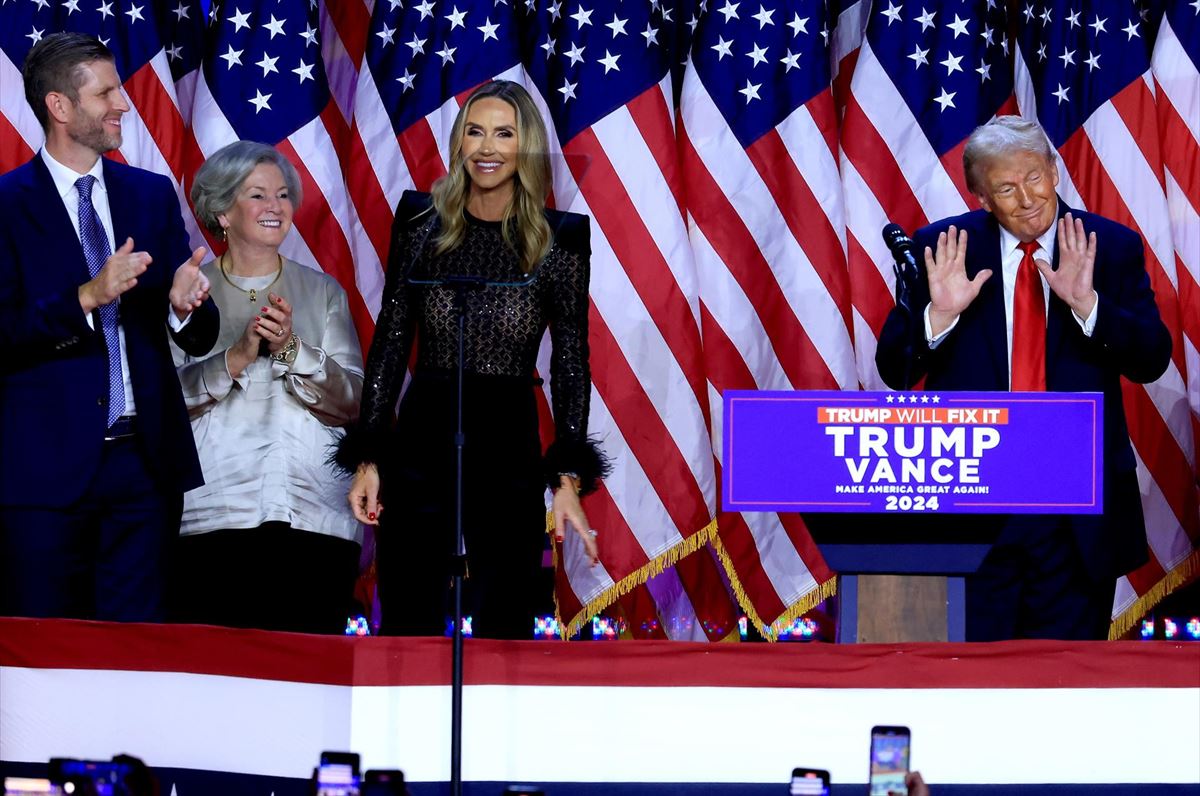
–Stephen Miller, White House Deputy Policy Director
He was the architect of the separation policy for migrant families and the travel ban on people from Muslim-majority countries during Trump’s first term. Now he is the ideologue of the mass deportation plans. He is the author of controversial statements such as “The United States for Americans and only for Americans.”
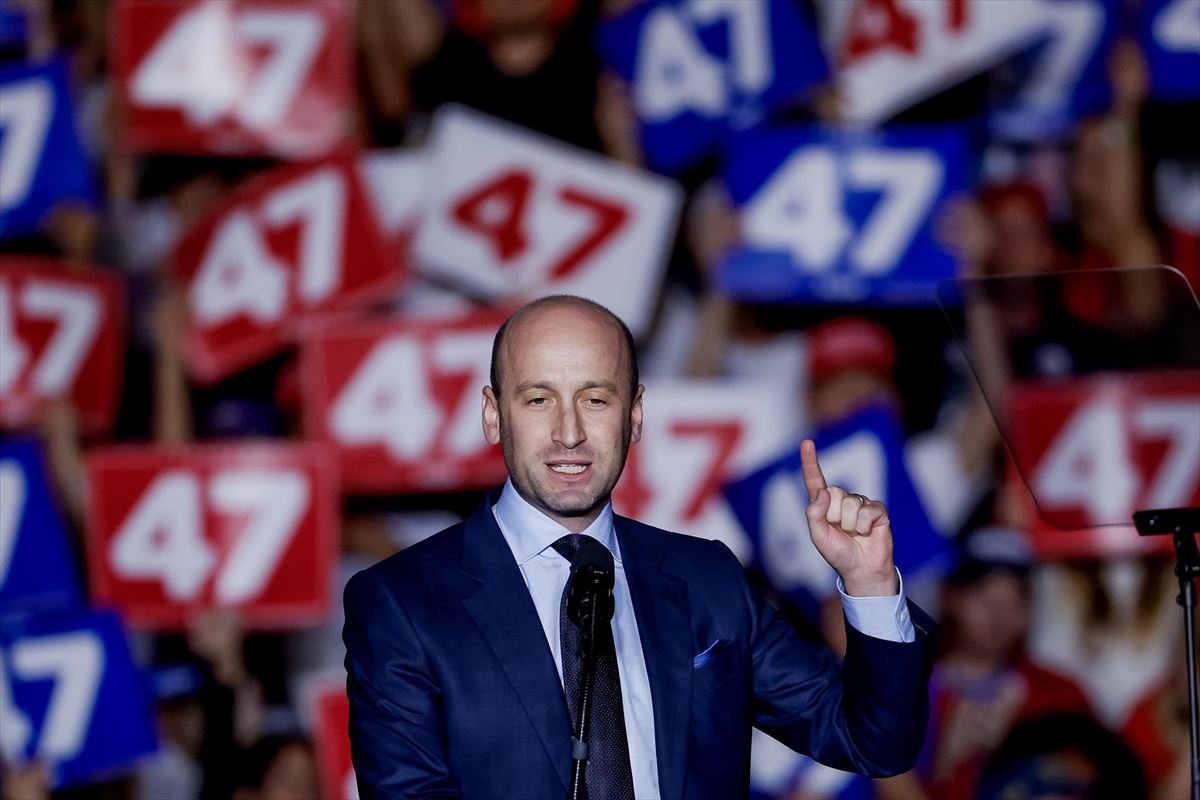
-Matt Gaetz, Attorney General
He is one of Trump’s most loyal lawmakers in Congress. His nomination is one of the most surprising and there are doubts whether he can be confirmed by a Republican-dominated Senate. He has always been controversial and was accused of sex trafficking of a minor and is being investigated by the House of Representatives Ethics Committee for this, as well as for drug use.
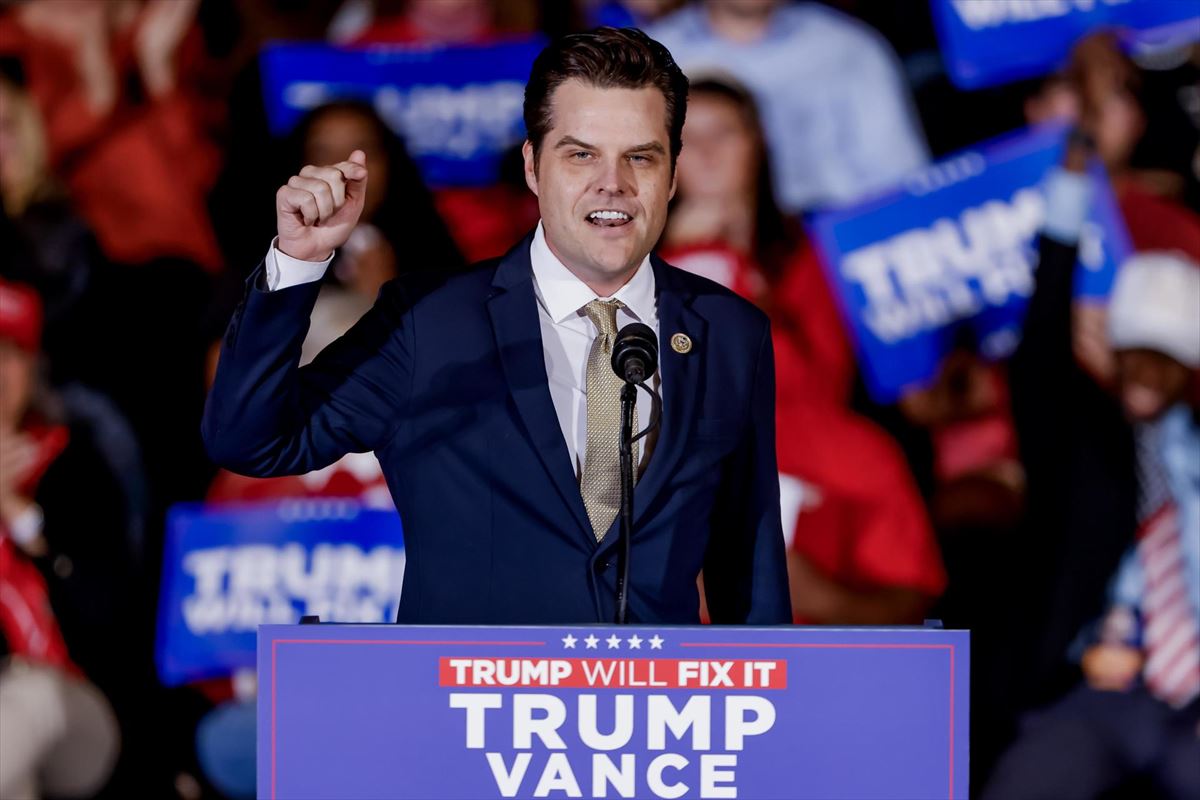
-Marco Rubio, Secretary of State
Marco Rubio, senator from Florida since 2011, of Cuban descent, is considered a “hawk” in foreign policy: defender of a hard line against China and Iran, as well as the sanctions against Cuba, Venezuela and Nicaragua. Although he is now loyal to the former president, the two maintained an intense rivalry during the race for the Republican presidential nomination in 2016, which Trump ultimately won.
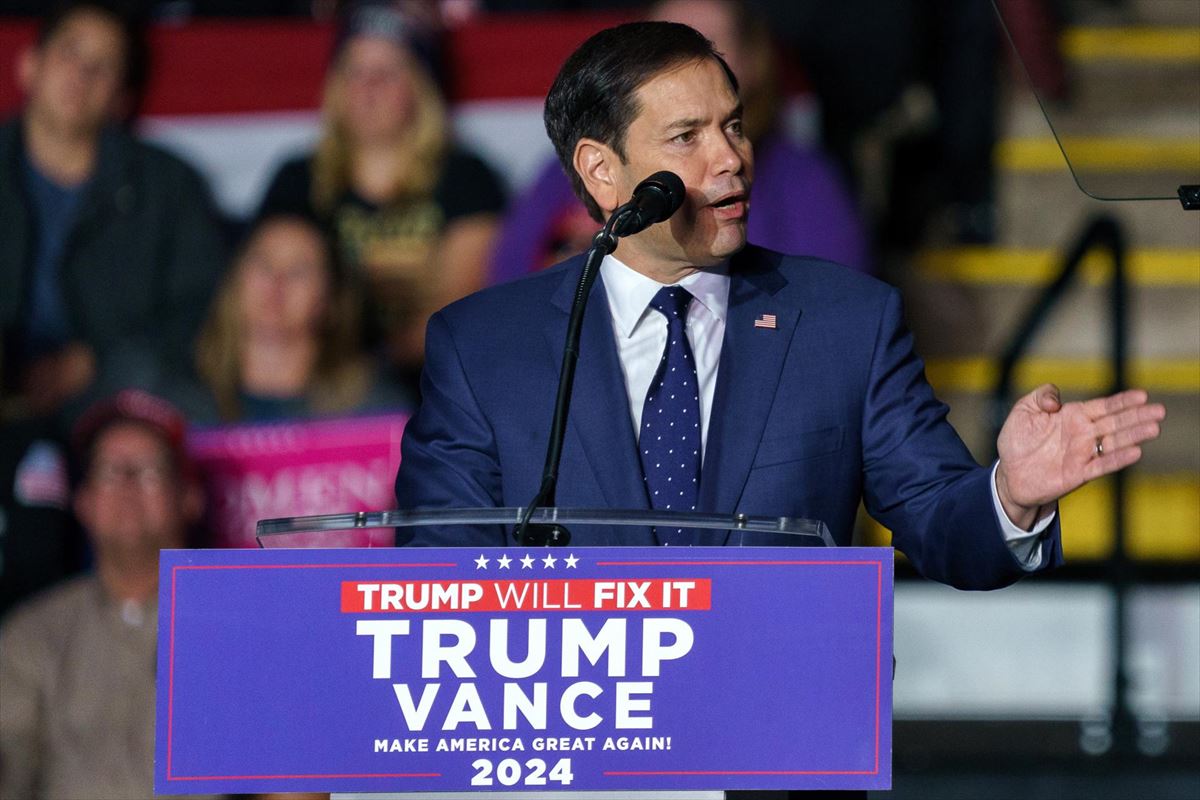
-Elon Musk, director of government efficiency
Owner of SpaceX, Tesla and the social network X, he is the richest person in the world. A former critic of Trump, he has been one of his biggest donors in the presidential campaign and will now, along with businessman Vivek Ramaswamy, lead an organization dedicated to government efficiency. He has promised to cut a third of the federal budget.
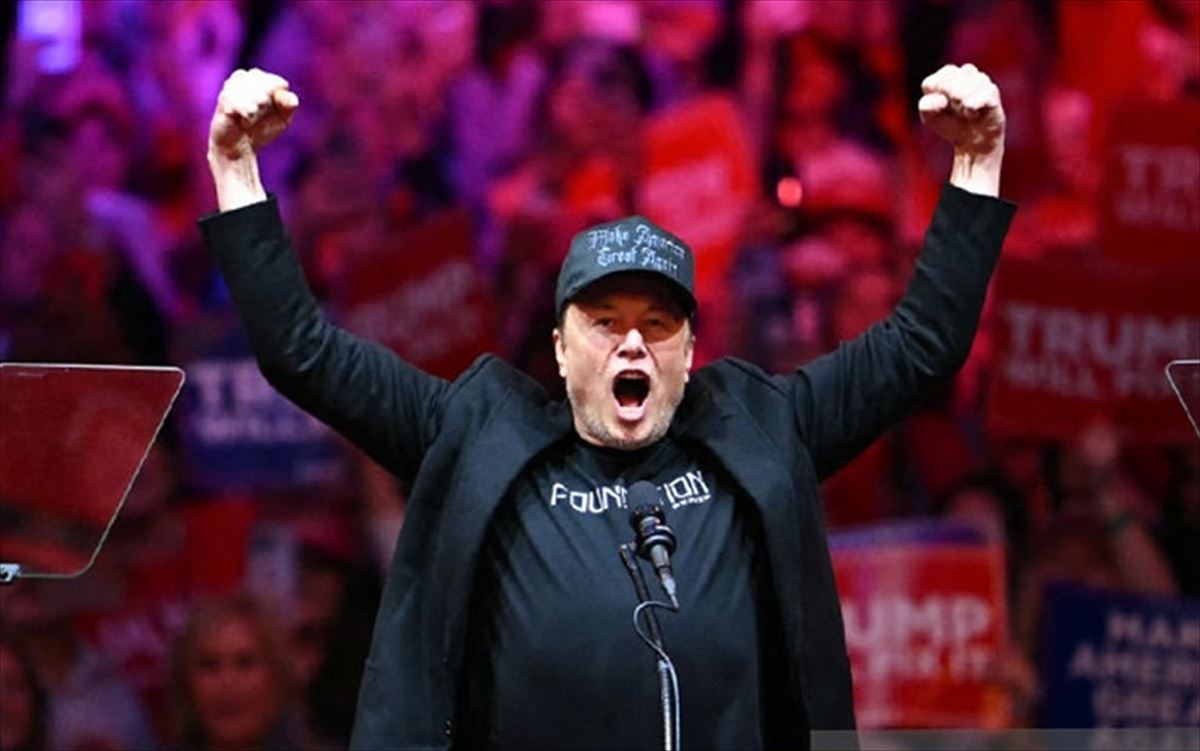
–Tulsi Gabbard, Director of National Intelligence
Gabbard was a prominent, if increasingly controversial, member of the Democratic Party for a decade. After his time in Congress, he participated in the 2020 presidential primaries, where he faced off against current Vice President Kamala Harris. In 2022, he left the party and began espousing conservative positions through Fox News until he reached Trump’s orbit.
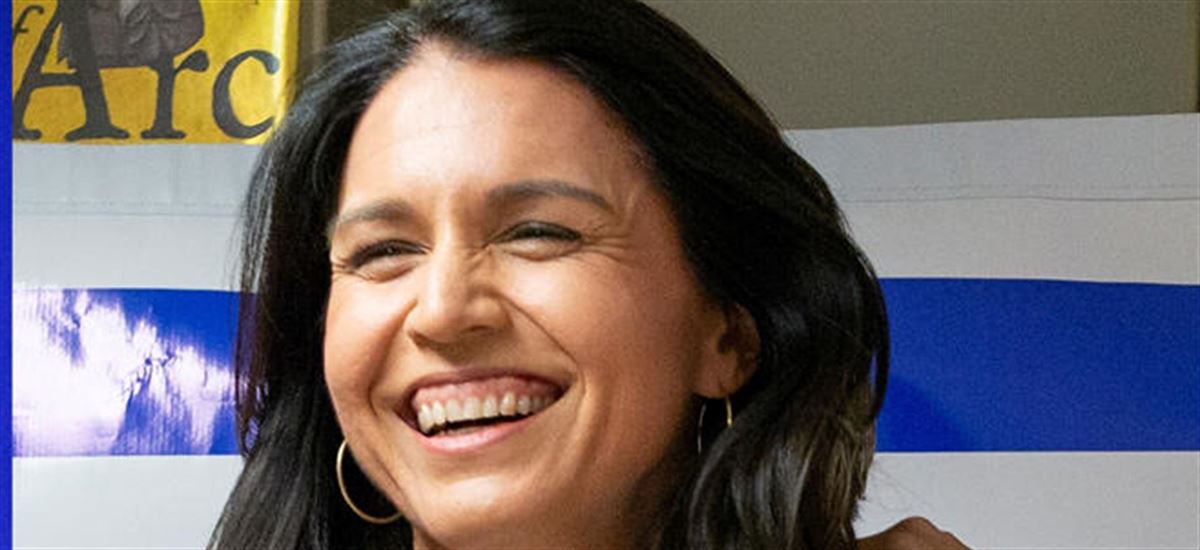
-John Ratcliffe, CIA Director
Ratcliffe, director of National Intelligence during Trump’s first term, is also a former congressman described by the tycoon as a “warrior.” Ratcliffe put China between the eyebrows of the intelligence community and denounced the double standard of American spies between the Asian giant and Russia or Iran.
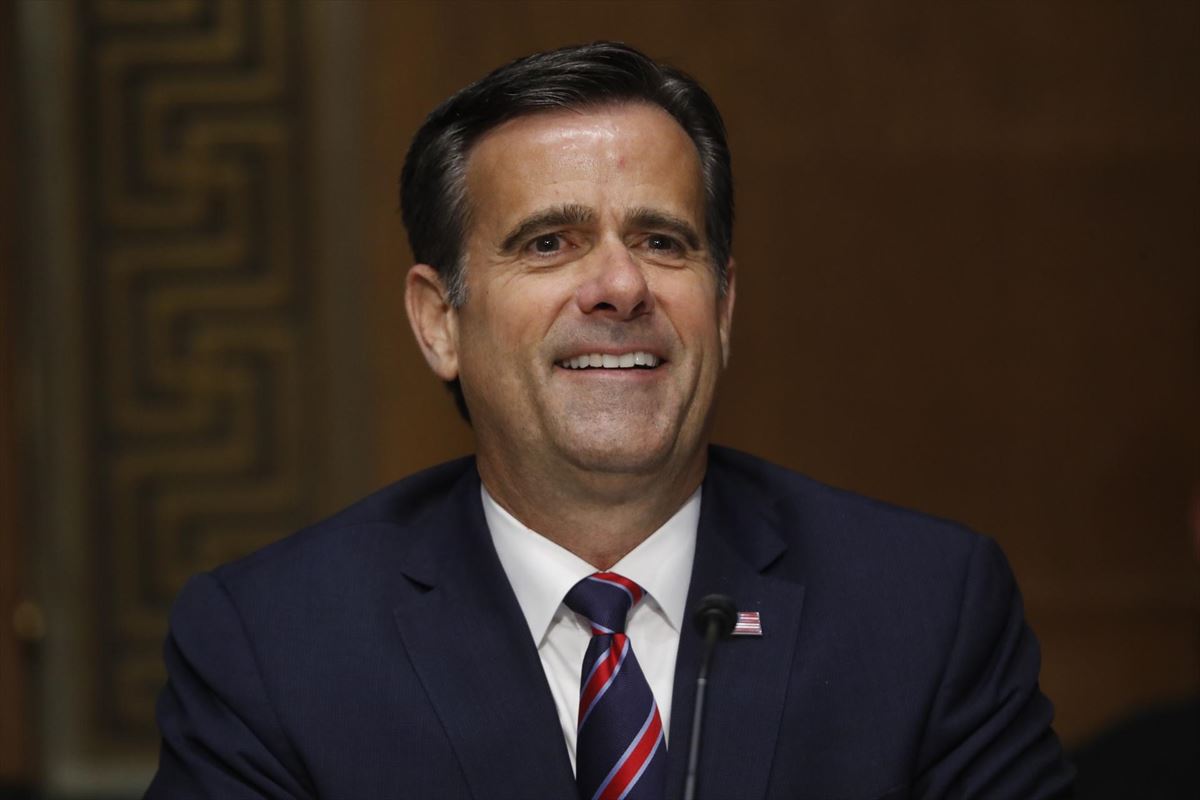
-Elise Stefanik, Ambassador to the UN
She came to Congress with the profile of a moderate lawmaker from New York, but was radicalized by the arrival of Trump and rose in the Republican leadership. After the worsening of the conflict in Gaza, Stefanik raised her profile as a defender of Israel and became a scourge of pro-Palestinian students and universities.
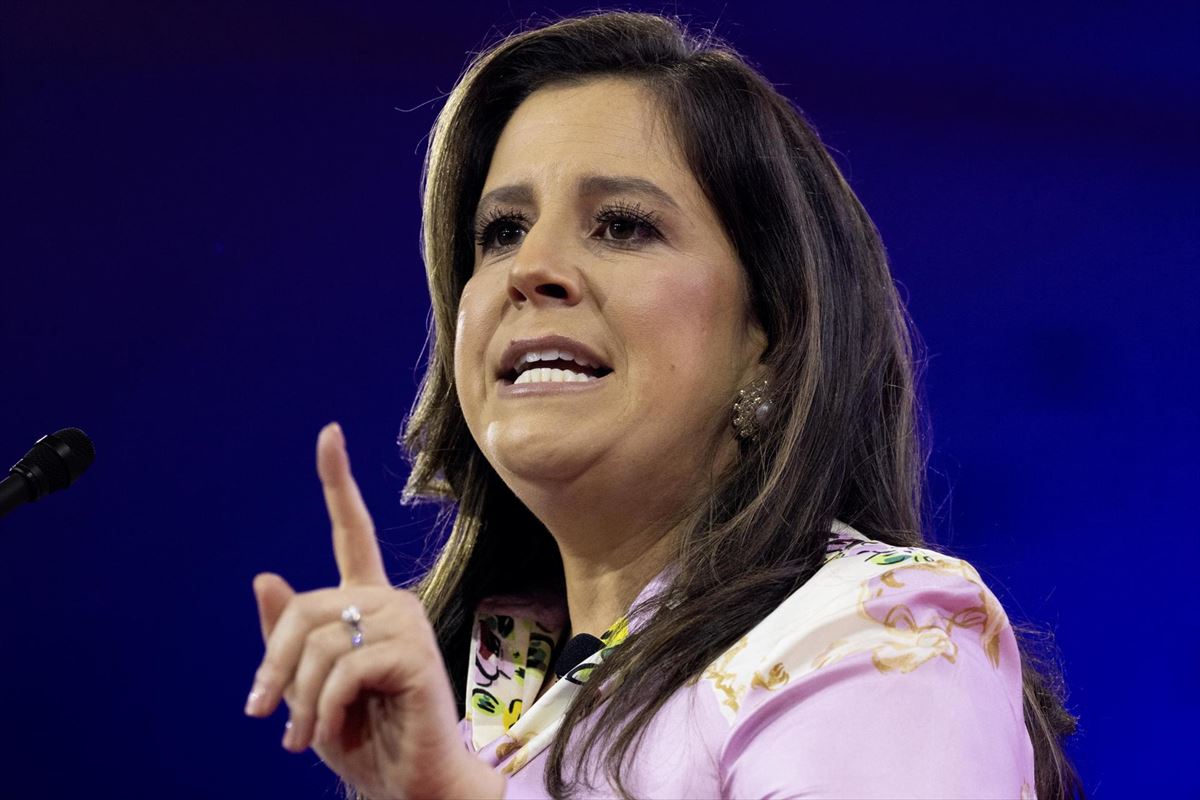
-Pete Hegseth, head of the Pentagon
As the host of Fox News, he is an unconventional choice to lead the most powerful military in the world. With no international experience, Hegseth is a veteran of the wars in Iraq and Afghanistan and has opposed “woke” programs that promote equality and inclusivity.
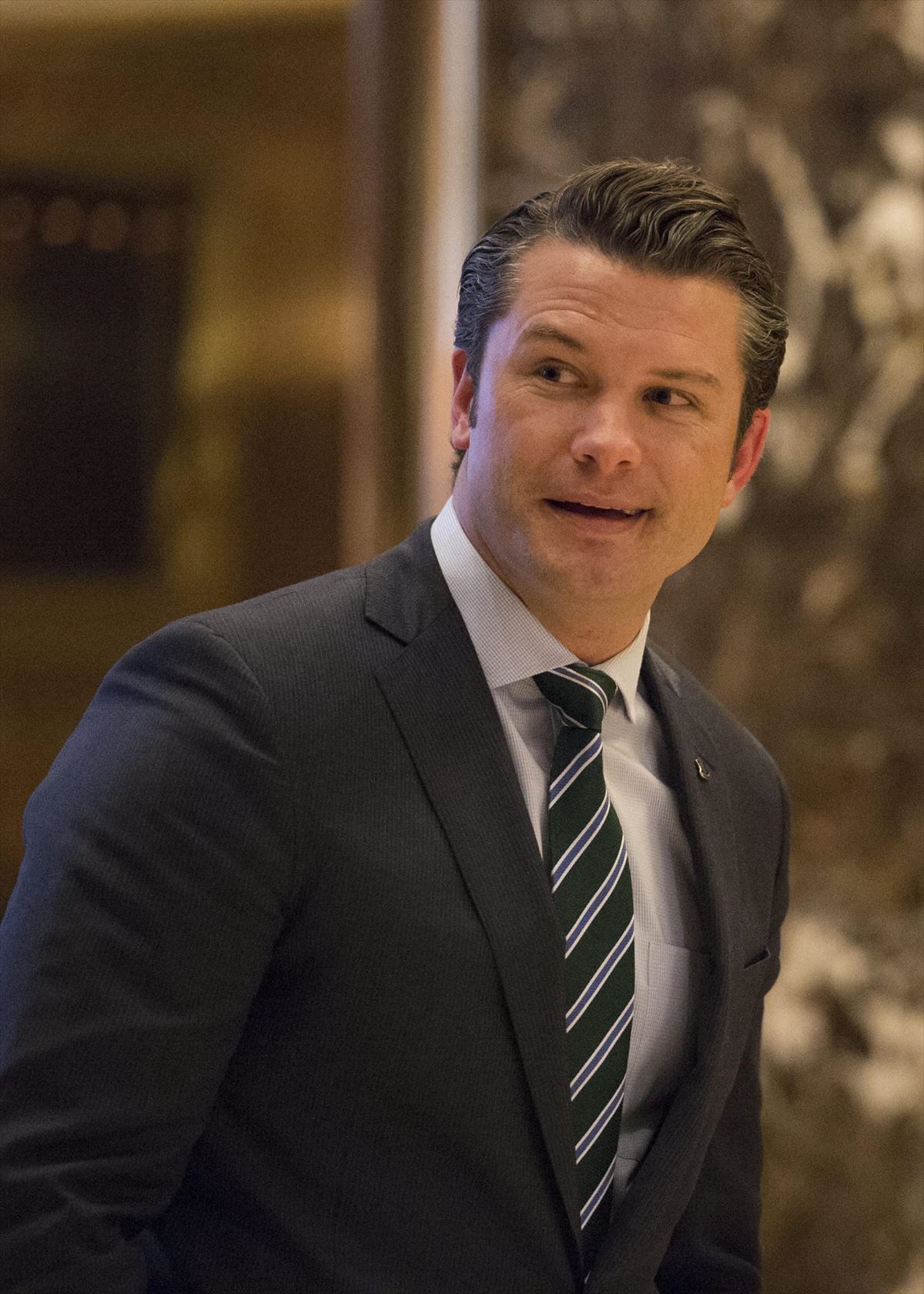
-Kristi Noem, Secretary of Homeland Security
Governor of South Dakota, she was floated as Trump’s possible vice president, but her options evaporated after she confessed to shooting a puppy. He has advocated far-right causes such as anti-trans rights policies and sent National Guard troops to Texas to support border militarization.
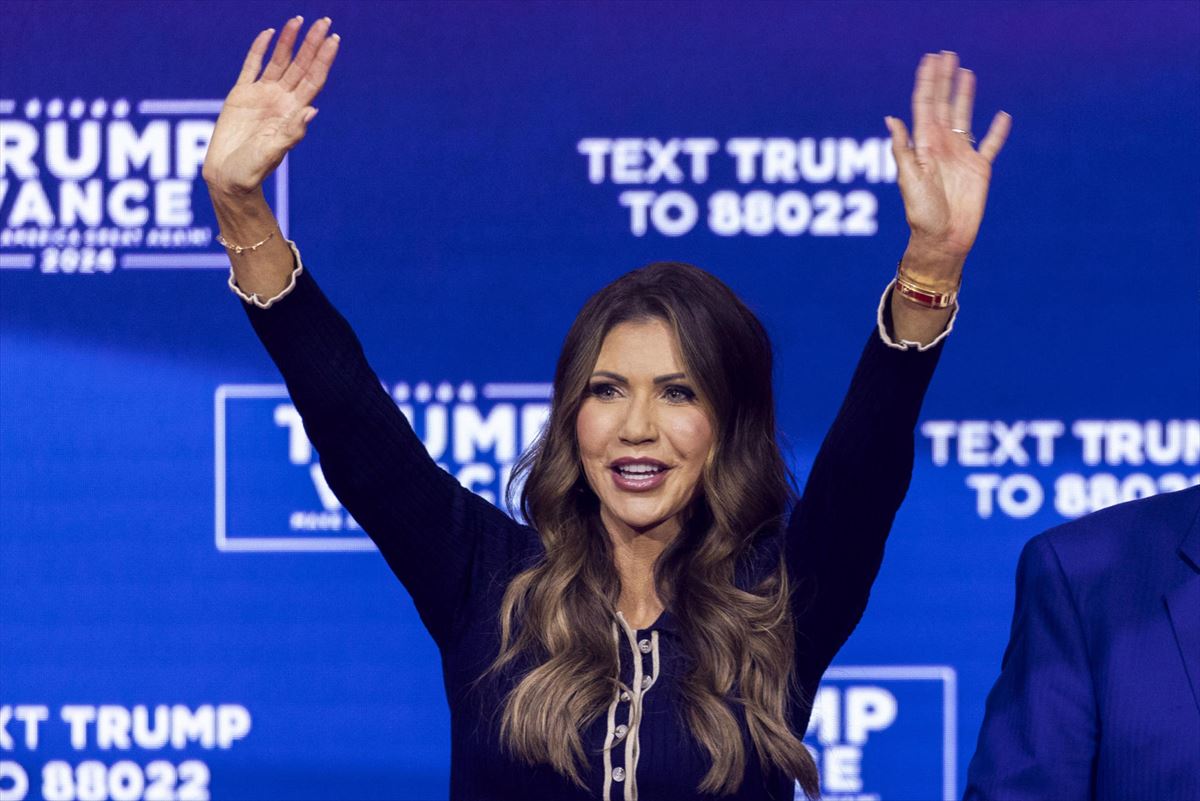
-Thomas Homan, Director of Immigration
He led Immigration and Customs Enforcement (ICE) during Trump’s first term and was responsible for deportations in Barack Obama’s administration. He also took part in family separation policies and has promised more raids on workplaces to detain undocumented immigrants, opening the door for the military to be deployed.
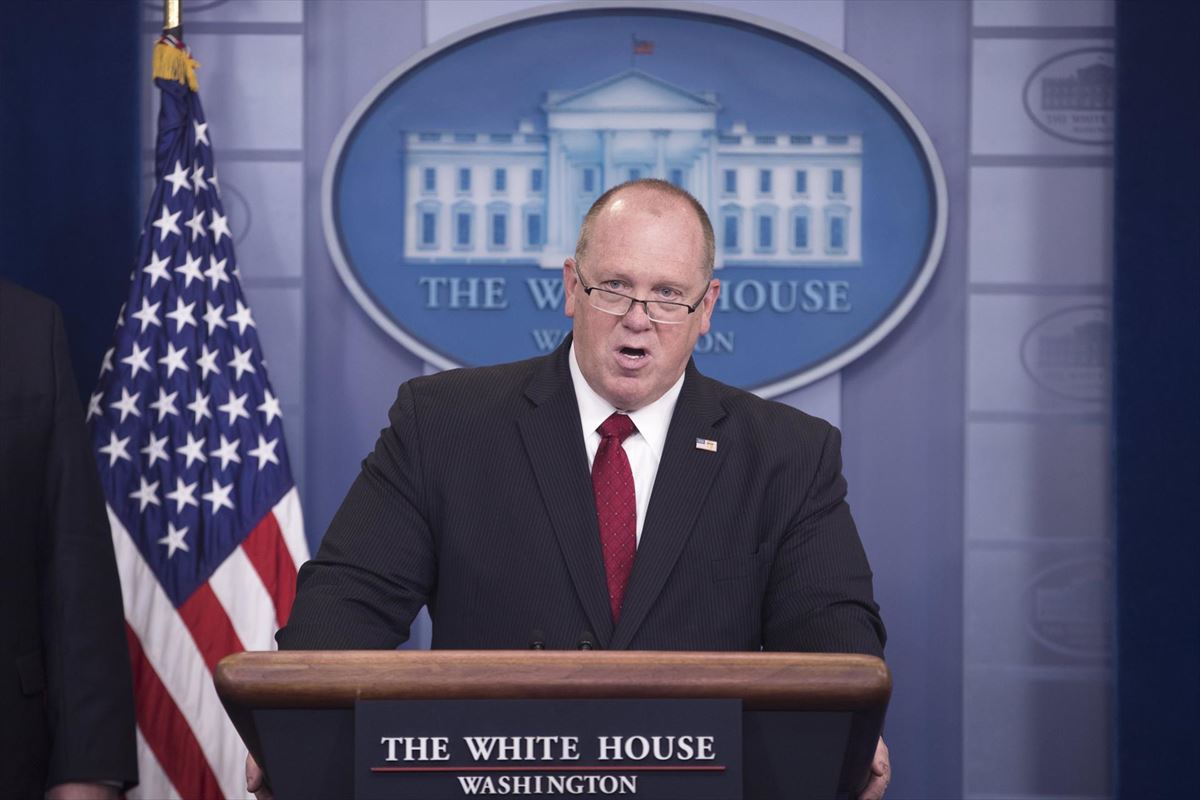
–Robert F. Kennedy Jr., Secretary of Health
The former presidential candidate, known for his conspiracy theories about vaccines, is the son of former US Attorney General Robert F. Kennedy and nephew of former President John F. Kennedy, both assassinated in the 1960s. Much of the Kennedy clan turned away from him because of the conspiracy theories he started spreading about vaccines and Covid-19 during the pandemic.
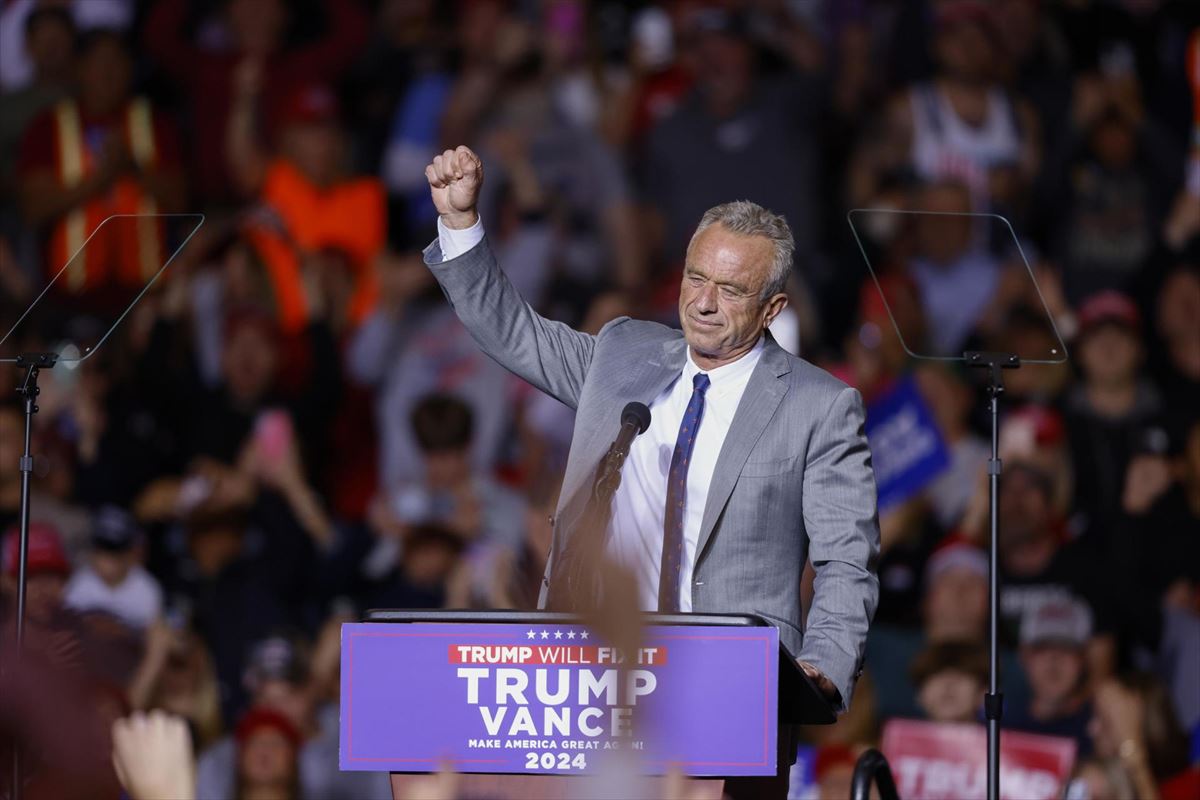
–Doug Burgum, Secretary of the Interior
The 68-year-old governor of North Dakota, a venture capital investor, will be in charge of a department responsible for managing most of the country’s natural resources, as well as agencies such as the Geological Survey or the National Park Service. Burgum even entered the race for the White House this year with promises to free up American energy production and criticism of climate policy.
Source: EITB
I’m Wayne Wickman, a professional journalist and author for Today Times Live. My specialty is covering global news and current events, offering readers a unique perspective on the world’s most pressing issues. I’m passionate about storytelling and helping people stay informed on the goings-on of our planet.
